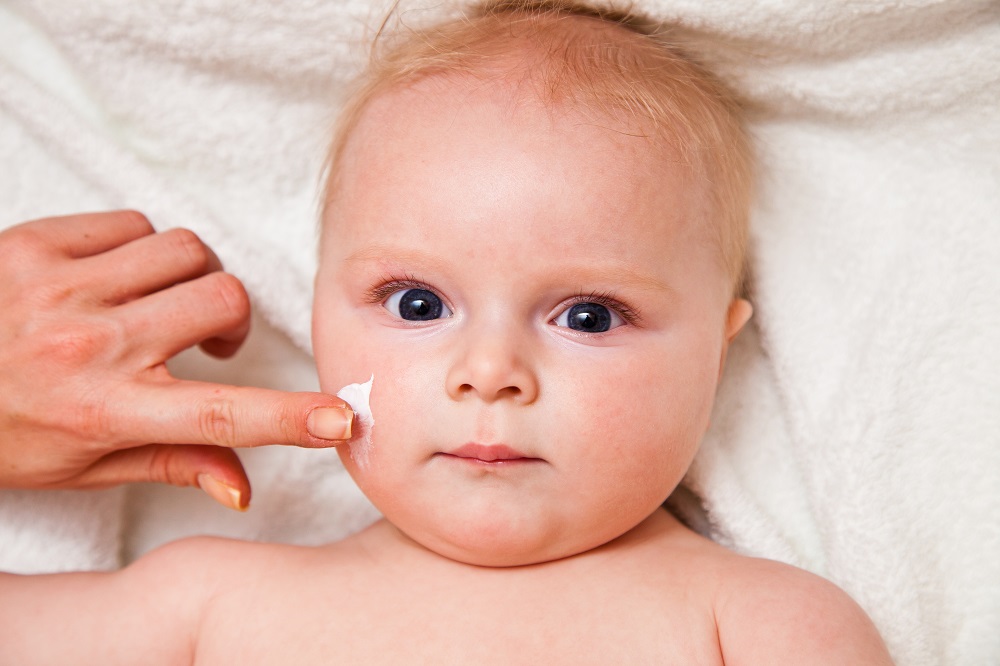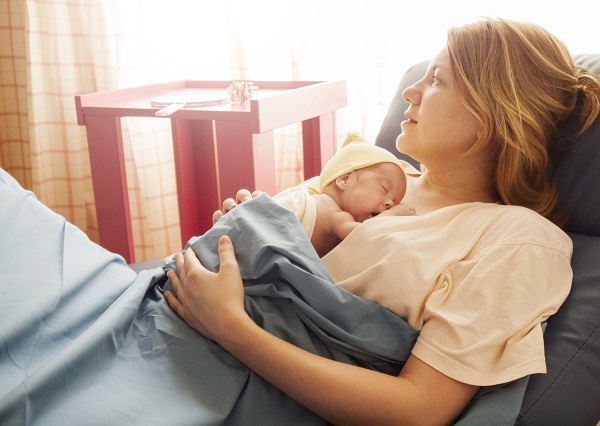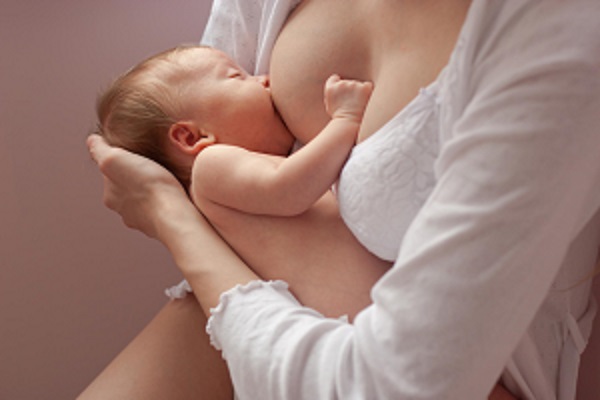
Note: This post is not sponsored.
In a study conducted by the experts over at La Roche-Posay, it was discovered that only one in ten parents adopt a baby skincare routine from birth. They also showed that 53 per cent of parents claimed their child’s sensitive skin condition developed in the first three months after birth.
Expert Dermatologist demystifies bathing after birth myth
Only one in ten (11 per cent) of adults with children under the age of 12 claim to have developed a skincare routine for their child from day one, according to research from leading sensitive skincare expert, La Roche-Posay. This is contrary to the expert advice, which confirms that it is essential to adopt a nourishing skincare routine from birth to help avoid skin conditions in later life.
Myth one: that babies do not require skincare from birth
But this is not strictly true.
According to Dr. Nikki Ralph, Consultant Dermatologist with La Roche-Posay, information new parents receive about baby skincare can often vary and conflict with expert recommendations, which has led to a misconception that baby skin does not require a skincare routine from day one. This misconception is evident amongst those surveyed, with La Roche-Posay’s research study demonstrating that the majority (89 per cent) of parents admitted to forgoing a skincare routine for their baby in the initial days after birth and just over a third (35 per cent) developing this routine within the first month.
The expert says:
Commenting on the research, Dr. Ralph said: “When babies are born they remain in hospital for one to five days, on average. It is during this time that parents receive information on how to manage the needs of their child such as feeding and bathing. Information imparted at this time about an emollient regime is vital, however, sometimes the information can be conflicting and ultimately counter-productive. It is advised to start your baby’s skincare routine from birth, as studies now show that transepidermal water loss begins shortly after a baby is delivered. It is important to apply an emollient daily from day one of birth, as studies have shown that children at risk of developing atopic dermatitis may still do so, but to a lesser degree than if they had no regular emollient therapy.”
The study also showed that more than half (58 per cent) of adults with children under 12 claimed that their child has suffered with a dry or sensitive skin condition. A similar cohort (53 per cent) of parents claimed their child’s sensitive skin condition developed in the first three months after birth, with almost 8 in 10 (77 per cent) claiming it developed within the first year. Of these, the most common skin conditions experienced were dry skin (56 per cent), nappy rash (48 per cent), cradle cap (45 per cent) and eczema (44 per cent).
Over two in five (44 per cent) of parents surveyed with children who have had a skin condition, claim to have felt undue stress, anxiety or guilt as a result of their child’s skin condition.
Myth two: That babies do not need to be bathed at birth
La Roche-Posay’s research also showed that almost half of adults (45 per cent) surveyed with children under 12, claimed that they first bathed their child within two to three days of birth. While just over a quarter (26 per cent) first bathing when they were between four to seven days old. This demonstrated the prevalence of another misconception that babies do not need to be bathed from birth, which has proved contrary to the expert advice of La Roche-Posay Dermatologist, Dr. Ralph, who recommends daily bathing from day one.
The expert says:
Commenting on this finding, Dr. Ralph said: “Parents are most commonly advised to bathe their baby once a week in a gentle soap or baby shampoo. However, it is advisable to bathe one’s baby once daily for a couple of minutes as an infant, and then gradually increasing to 5-7mins as they grow, no longer than 10 for a child. Babies should not be exposed to any fragranced products, instead opting for gentle emollients such as La Roche-Posay’s Lipikar Syndet. Once they are bathed they should have a layer of emollient applied to the entire skin and then be clothed in cotton clothing. For babies who develop eczema or are from a high risk family they may have emollients applied with each nappy change.
maternity & infant
Originally posted 2018-03-27 16:14:29.









